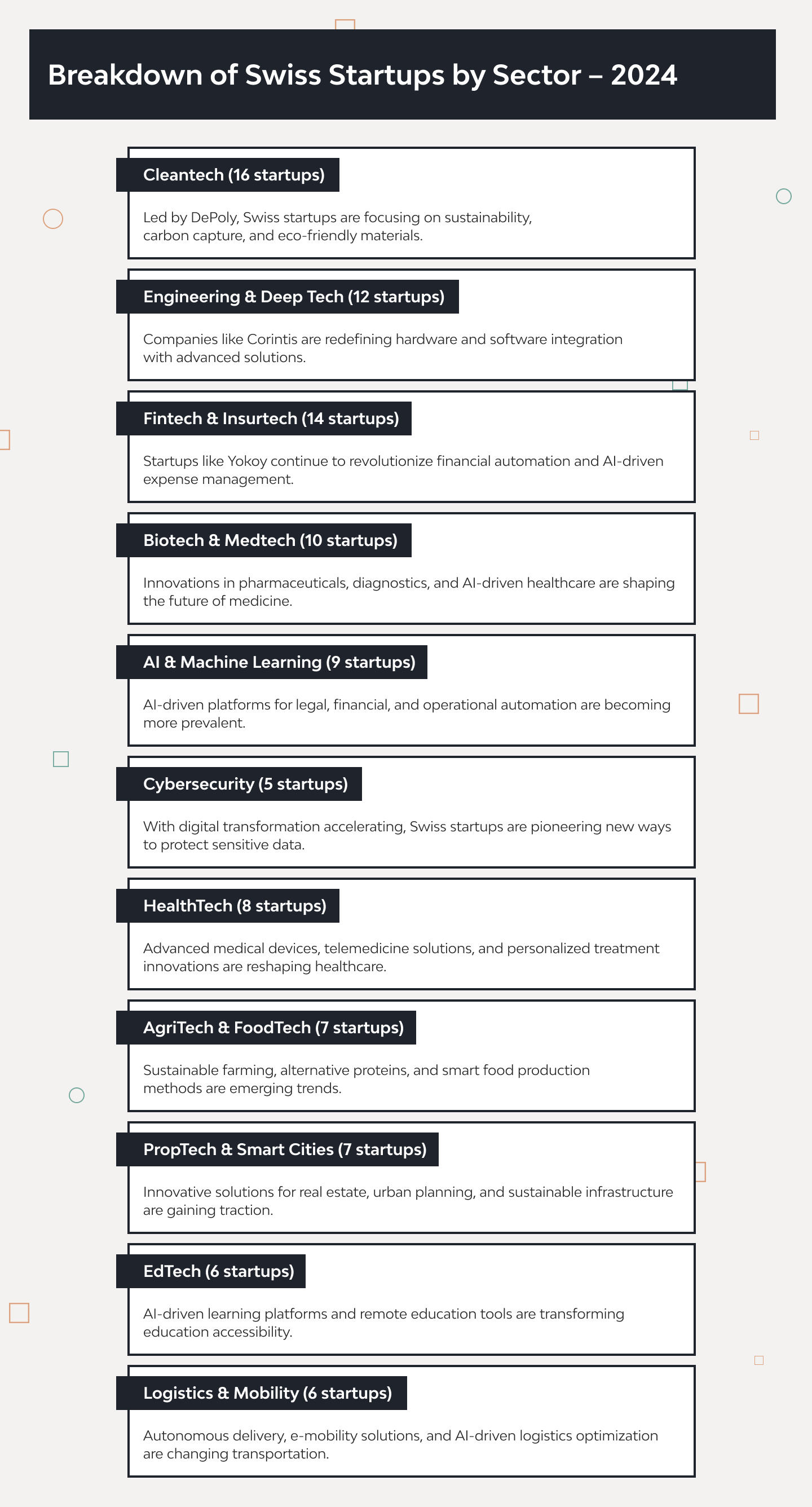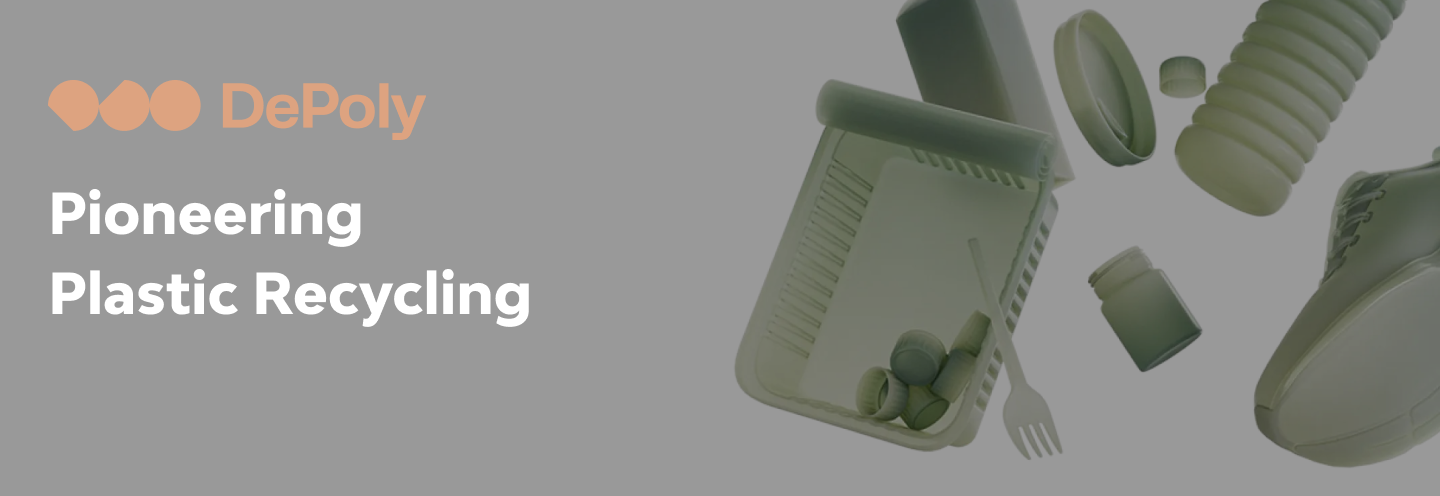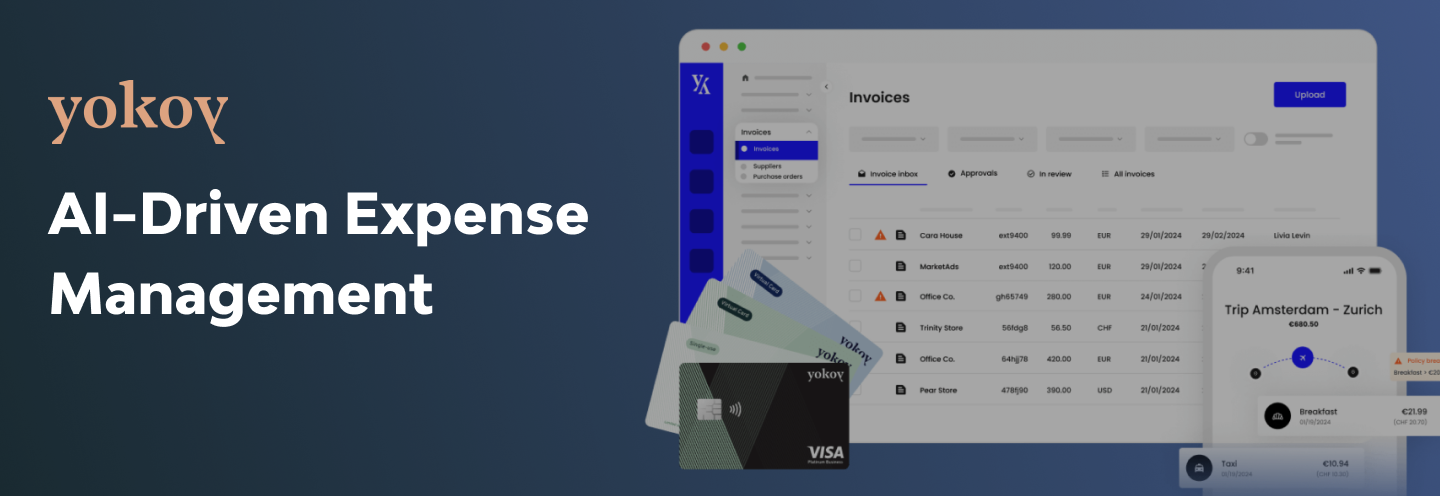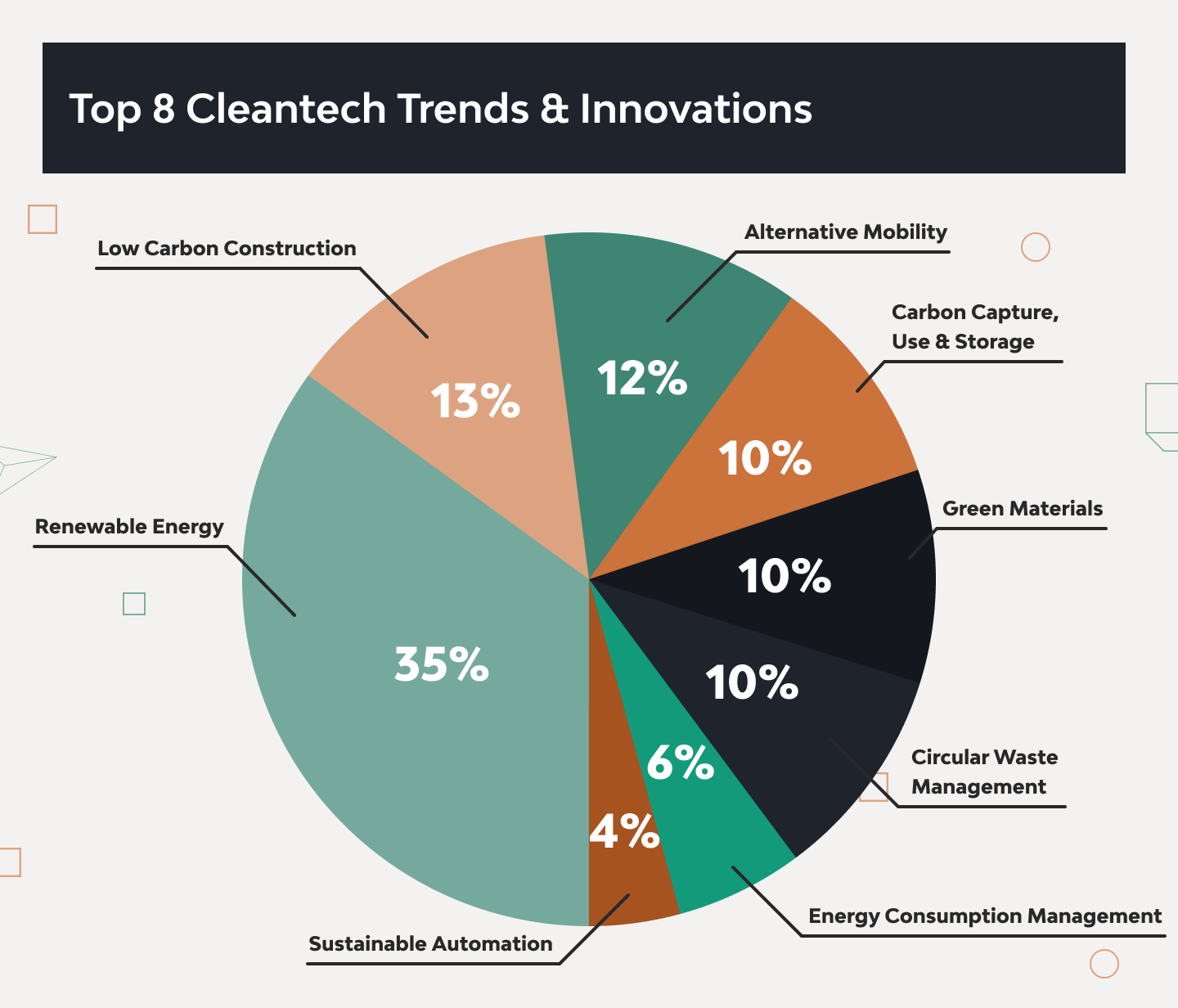Swiss Startups in 2026: Top Names on the Scene

Switzerland has long been recognized as a global leader in innovation, and 2024 is no exception. With strong support from investors, accelerators, and research institutions, Swiss startups are pushing the boundaries of technology across multiple industries. From groundbreaking sustainability solutions to advanced fintech platforms, these companies are shaping the future of business and technology.
In 2011, Beat Schillig and Jordi Montserrat envisioned creating a ranking to showcase Switzerland’s most promising startups internationally. Guided by program director Stefan Steiner, the initiative has become an influential benchmark accompanied by extensive activities supporting these innovative ventures. Many former nominees, such as Climeworks, GetYourGuide, MindMaze, On, Scandit, and Sophia Genetics, have since grown into renowned Swiss unicorns.
Steiner emphasizes the importance of this initiative:
The ranking highlights the vibrancy and technological depth of Switzerland’s startup ecosystem. Innovation and bold leadership are crucial for addressing today’s global challenges and shaping our future.
The impact of this initiative is evident in the success of numerous past nominees, including Climeworks, GetYourGuide, MindMaze, On, Scandit, and Sophia Genetics, which have grown into Swiss unicorns. Over its 14-year history, the initiative has featured 593 high-tech Swiss companies, collectively creating 20,198 jobs and securing CHF 14.4 billion in funding. Additionally, these accomplished entrepreneurs have completed 87 exits and achieved 9 IPOs.
Each year, the TOP 100 Swiss Startup Ranking identifies young Swiss companies demonstrating exceptional growth potential, selected by an expert panel of industry leaders and investors. The 2024 ranking highlights innovative companies across diverse sectors such as cleantech, engineering, and fintech.
Cleantech, in particular, has 16 representatives in this year’s TOP 100, reflecting an upward trend that has significantly strengthened in 2024, with DePoly achieving the top position. Moreover, the latest ranking welcomes 40 new nominees, providing an exclusive overview of a pioneering ecosystem recognized among the world’s best. Beyond the rankings, the initiative has cultivated a connected community that actively shares valuable insights into cutting-edge innovation, expands professional networks, and facilitates strategic business relationships.
Top Industries Represented in the 2024 TOP 100 Startups
Marking its 14th year, the latest edition of the TOP 100 Swiss Startup Award celebrated Switzerland’s leading innovators, spotlighting DePoly in the first place, closely followed by Corintis and Yokoy Group. The award ceremony in Lausanne gathered a select audience of founders, investors, and partners and was simultaneously streamed live to an international audience, underscoring the global interest in Switzerland’s startup landscape.
The 2024 award highlighted breakthroughs across multiple industries, with particular emphasis on sectors driving significant growth and technological advancements.
Showcasing 100 groundbreaking startups, these industries reflect Switzerland’s strength in high-tech innovation and sustainability. Leading the pack, let’s take a closer look at the top three companies setting the pace in 2024.
Swiss Innovation Spotlight on the Top 3 of 2024
DePoly takes the top spot by transforming how we deal with plastic waste. Founded in 2020 by former EPFL researchers, this cleantech startup has developed a groundbreaking chemical process that breaks down PET plastics into their core components—at room temperature and without the need for sorting by color or material. Tackling the massive challenge of recycling Switzerland’s 800,000 tonnes of annual plastic waste, DePoly is now building an industrial demonstration plant in Lower Valais to scale up its impact. The company’s innovative approach not only supports a circular economy by turning waste into valuable monomers for reuse in the plastics industry but has also attracted major investors like BASF and Beiersdorf. With plans to expand and build larger facilities, DePoly aims to process over 10% of the country’s plastic waste within the next five years.
Ranked second, Corintis is tackling one of tech’s biggest challenges—cooling the ever-hotter chips powering our digital world. Their silicon-based microfluidic cooling system pulls heat directly from the chip surface, offering up to 10 times more efficient cooling and 50 times better energy efficiency compared to traditional methods. As devices become smaller and more powerful, this innovation is becoming increasingly critical. Founded by Remco van Erp, Corintis is building a full-stack solution for chip and cooling design, aiming for a market-ready system by 2025. The startup has already secured major orders and is preparing to raise CHF 24 million to scale up operations. With a growing team and new headquarters at EPFL’s Innovation Park, Corintis is well on its way to transforming how the semiconductor industry keeps its cool.
Holding onto third place for the second year in a row, Zurich-based Yokoy Group is reshaping corporate expense management with the power of AI. Founded in 2019, the fintech startup offers an all-in-one platform that streamlines expense tracking, invoice processing, and smart corporate card management. By automating these processes, Yokoy helps over 500 companies—including names like Austrian Airlines and Stadler Rail—cut administrative tasks by up to 90%.
The company’s explosive growth speaks for itself. Named the second-fastest-growing startup in Central Europe by the Financial Times, Yokoy has posted an impressive annual growth rate of over 280% for the past three years. The idea was born out of co-founder Devis Lussi’s frustration with tedious, manual expense reports—now solved through an app that uses AI and image recognition to process receipts and flag compliance issues automatically. With big ambitions to lead the European market, Yokoy continues to scale rapidly, staying ahead through innovation, speed, and sharp customer focus.
Notably, two of the top three—DePoly and Corintis—underscore the growing impact of cleantech in addressing urgent global challenges. As sustainability becomes a key driver of innovation and investment, Switzerland’s cleantech sector is emerging not just as a source of environmental solutions but as a powerful engine of economic transformation.
Cleantech as a Driver of Economic Transformation
Globally, cleantech is gaining momentum as a transformative force in today’s economy. The urgency to address climate change and reduce carbon emissions has propelled startups in this sector to the forefront of innovation. Governments, investors, and corporations are increasingly backing green technologies, unlocking new funding streams and market opportunities at an unprecedented pace. But what exactly is driving this growth? Explore the Top 8 Cleantech Trends & Innovations that are defining the next generation of climate-tech solutions.
What sets cleantech apart is its dual impact—tackling critical environmental challenges while generating economic value. Swiss companies like DePoly exemplify this by developing technology that recycles unsorted PET waste into virgin-grade raw materials, reducing environmental impact and creating new business models. Beyond waste management, cleantech plays a central role in accelerating the energy transition, improving resource efficiency, and advancing circular economy solutions—key pillars for building long-term, sustainable growth.
While many established companies face challenges adapting to sustainability demands, cleantech pioneers are turning scientific breakthroughs into scalable, market-ready solutions. One standout example is Climeworks, a TOP 100 Swiss Startup Award alumni, which has been leading the way in direct air capture and carbon storage since 2009. With over CHF 700 million raised and more than 20,000 jobs created, Climeworks illustrates the sector’s capacity to deliver both environmental and economic impact.
As these companies grow, their technological needs become increasingly complex. To scale efficiently, cleantech startups rely on custom software to streamline operations, manage vast amounts of data, and integrate IoT and AI-driven automation. Tailored platforms are critical for optimizing energy use, tracking emissions, and enabling predictive analytics. From smart grid systems powered by real-time data to AI-based carbon footprint tools, these digital solutions help startups meet ambitious sustainability goals while ensuring regulatory compliance and operational efficiency.
The Role of Custom Software Development for Startups
In a fast-moving startup environment, having tailored software is more than a competitive advantage—it’s a strategic asset. Off-the-shelf solutions often can’t keep up with the complex needs of innovative business models, limiting scalability and flexibility. Custom-built software, on the other hand, allows startups to create digital tools that align closely with their operational goals, streamline workflows, and deliver seamless user experiences.
This alignment becomes especially important as startups evolve from early-stage MVPs to fully operational platforms. A strong technological foundation empowers them to innovate freely, integrate AI-driven automation, and stay agile as market demands shift. In Switzerland’s highly competitive startup ecosystem, the ability to build technology that evolves alongside the business is key to staying ahead.
Scalability is one of the most critical challenges startups face as they grow—and custom software directly supports that need. DeepJudge, an ICT startup specializing in legal document analysis, is a prime example. Their AI-driven platform is designed to process large volumes of legal data without compromising performance. By investing in scalable infrastructure from the outset, DeepJudge ensures it can seamlessly serve an expanding international client base while maintaining efficiency.
For startups operating in regulated sectors like fintech or healthcare, the stakes are even higher. In these industries, compliance, data security, and trust are essential.
At Django Stars, we take these requirements seriously. Our ISO/IEC 27001 and ISO 9001 certifications confirm the high level of our information security and quality management practices.
Our team has also delivered successful projects in both fintech and healthcare, applying our expertise to build scalable solutions that meet industry standards and regulatory expectations.
Beyond performance and compliance, custom software can also drive meaningful cost efficiencies over time. While the initial investment may be higher, it eliminates the need for recurring licensing fees and reduces reliance on third-party platforms. Planted Foods, a foodtech startup, exemplifies this with its custom ERP system that manages everything from production to supply chain logistics. The result: streamlined operations, reduced waste, and a solution built for long-term growth.
Together, these examples show how custom software development enables startups to scale with precision, innovate with confidence, and compete globally—especially in sectors where agility, efficiency, and security are essential.
Underlying all of this is a larger trend: as startups grow and navigate increasingly complex markets, the need for comprehensive digitalization and scalable infrastructure becomes central to their success. The ability to digitize operations, adapt quickly, and scale efficiently isn’t just a technical concern—it’s a strategic imperative in today’s startup ecosystem.
Why Digitalization and Scalability Are Essential for Startup Growth
For startups aiming to scale sustainably and compete on a global stage, digitalization and scalability are not just operational upgrades—they are strategic pillars. Here’s how future-focused startups are building a foundation for long-term growth:
Cloud Infrastructure for Agility and Cost Efficiency
Modern startups rely on cloud platforms like AWS, Google Cloud, and Microsoft Azure to launch quickly and minimize infrastructure costs. With cloud-native architecture, they can deploy apps rapidly, scale resources automatically as demand grows, and avoid the high upfront costs associated with traditional hardware investments.
AI-Driven Automation to Boost Productivity
Automation enables startups to do more with less by integrating AI and ML into their operations. This allows them to handle repetitive tasks like chatbots, data processing, and report generation more efficiently, improve customer support response times, and free up internal resources to focus on innovation and strategic growth.
Data-Driven Decision-Making for Smarter Growth
Startups that leverage data effectively gain a strong competitive edge. With custom analytics platforms, they can gain real-time insight into user behavior and preferences, refine marketing strategies and acquisition funnels, and uncover new opportunities for product development and market expansion.
Scalable Architecture to Support Growth
As startups expand, their systems must be equipped to handle growing demand without sacrificing performance. By adopting technologies like microservices for modular development and isolated scaling, containerization tools such as Docker and Kubernetes for efficient orchestration, and CI/CD pipelines for seamless updates and continuous delivery, startups can ensure their infrastructure evolves in step with the business—avoiding bottlenecks and costly reengineering down the line.
Custom Tech Stacks for Competitive Advantage
Rather than relying on generic, one-size-fits-all software, many Swiss startups are choosing to build custom platforms that give them greater control, speed, and adaptability. By leveraging technologies such as Python, Django, and React.js for scalable architecture, GraphQL for optimized data flow, and Redis to ensure rapid data access, these startups are creating digital products that are not only technically robust but also deeply aligned with their specific market needs and growth strategies.
Secure, Compliant Systems for Regulated Markets
In highly regulated industries like fintech, medtech, and biotech, digital infrastructure must do more than just function—it must demonstrate resilience, transparency, and trustworthiness from day one. A tailored tech foundation allows startups in these sectors to embed security protocols directly into their architecture, navigate complex compliance landscapes like GDPR or HIPAA with confidence, and build credibility with investors and stakeholders who expect enterprise-level reliability.
At Django Stars, we recognize the complex demands Swiss startups face on their path to digital maturity. From building reliable MVPs to scaling internationally, startups need digital platforms that are not only technically sound but built to grow with them. Our team specializes in developing future-ready solutions using technologies like Python, Django, and React.js. We help startups design cloud-native systems that fully leverage platforms such as AWS and Azure, implement CI/CD pipelines for seamless deployment, and integrate machine learning models to support advanced analytics and automation.
For example, we’ve helped clients improve backend performance with GraphQL for efficient data querying and Redis for fast, scalable caching—ensuring their platforms stay responsive under heavy user activity. This kind of tailored architecture allows startups to remain agile, adapt to new opportunities, and maintain high performance as they scale.
By partnering with Django Stars, Swiss startups can focus on growing their business—confident their technology is built on a strong, adaptable foundation that supports their long-term vision.
The Future of Swiss Startups: Innovation Meets Market Expansion
Switzerland’s startup landscape continues to thrive, powered by cutting-edge innovation, strong investor support, and a collaborative ecosystem. The standout companies featured above are a clear reflection of the nation’s forward-thinking spirit and its growing influence in both tech and sustainability.
From redefining legacy industries to addressing global challenges, Swiss startups are making bold moves on the international stage—and this momentum shows no signs of slowing down. Looking ahead to 2026, we can expect even more transformative ideas and breakthrough solutions from these ambitious ventures.
For startups aiming to scale, attract investment, or streamline product development, partnering with an experienced tech team is key. At Django Stars, we specialize in helping startups turn complex ideas into scalable, high-performing digital solutions.











